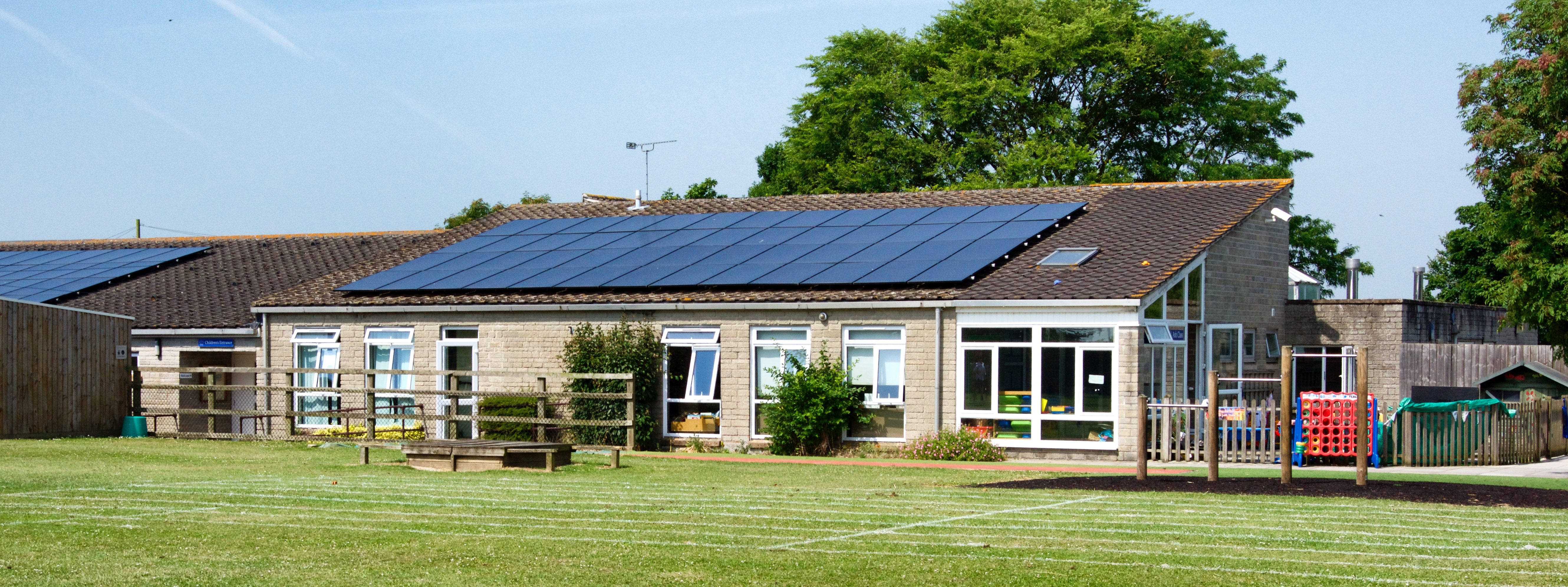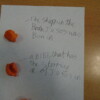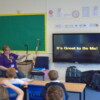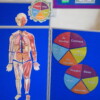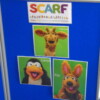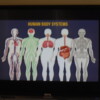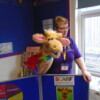Kite Class
Kite Class
Teachers: Mrs Maddy Pengelly
Teaching Assistants: Mrs M Cornthwaite.
Welcome to the Spring term. We have an exciting curriculum planned for this term (more details below). If you do have any questions, please do not hesitate to ask any of the Kite staff.
Please can we remind everyone to ensure their child has a fruit or veg snack to eat at break. Also, remember we only allow water in the drink bottles.
Kite Curriculum Overview Year A 2025
Kite Class- Autumn Term
English fiction will have a focus on character and dialogue and in our writing, using a tale of fear. Non-fiction writing will follow, focusing on explanation writing techniques. Poetry techniques will be taught during both the half-terms.. Pupils will also create their own ‘invent’ independent writing, to ‘show what they know!’ Spelling, punctuation and grammar will be taught throughout the year. Weekly spellings are attached below. We will compare and order fractions. Geometry will focus on the different angles.
In Maths we will be developing our understanding of the four operations , using formal and mental methods.
Throughout term there will be a focus on mental addition and subtraction methods. We will continue to learn multiplication and dividing, including using a formal written method. All our maths will include problem solving, challenges and lots of math talk. ‘Maths on Track’ (short burst sessions of 15 minutes) will continually revise and remind of topics taught.
Times Tables will be taught daily in short sessions. There will be an emphasis on oral rehearsal of the facts being learnt , as well as completing a practice booklet.
In R.E we will be asking :
How do festivals and worship show what matters to a Muslim?
In this unit, Pupils will identify some beliefs about God in Islam, expressed in Surah 1. They will also make clear links between beliefs about God and ibadah (worship) and how this links to prayer, fasting, celebrating and the intention to live out the five pillars of Islam. They will have opportunities to ask questions and suggest answers about the value of submission and self-control to Muslims, and whether there are benefits of these for all people.
Why do Chritians call te day Jesus dies Good Friday?
Within this unit, pupils will learn about how the Christian Salvation story fits into the big story of the Bible. They will find out about the main events of holy week and offer suggestions about how people at the time might have felt and responded to these key events. Pupils will study texts from the Bible that retell the key events of holy week and suggest what these mean for Christians today. Later in the unit, pupils will find out about how Christians today remember, celebrate and respond to the events of holy week and Easter. They will begin to make links between some of these events and life in the world today, suggesting why some Christians live their lives in the way that they do.
In our Science lessons in the first half term,we will be investigating:
Electricity:
- Identify common appliances that run on electricity
- Construct a simple series electrical circuit, identifying and naming its basic parts, including cells, wires, bulbs, switches and buzzers
- Identify whether or not a lamp will light in a simple series circuit, based on whether or not the lamp is part of a complete loop with a battery
- Recognise that a switch opens and closes a circuit and associate this with whether or not a lamp lights in a simple series circuit
- Recognise some common conductors and insulators, and associate metals with being good conductors
Computing we will spend teh first half term learning to complete the following: logging on using own password, Word, Save as, Open documents, Text- font size, colour and using dictate tool on Word. Online safety will include using a search engine.
Creating media – stop frame animation
Learners will use a range of techniques to create a stop-frame animation using tablets. Next, they will apply those skills to create a story-based animation. This unit will conclude with learners adding other types of media to their animation, such as music and text.
Other curriculum areas for the term:
For the first part term, our topic work will have a History focus where we will be asking What is it like to live in Ancient Egypt?
Children will learn that Howard Carter was an English archaeologist who discovered King Tutankhamun’s tomb in 1922, revealing golden treasures. Ancient Egypt was ruled by pharaohs like Tutankhamun and Cleopatra, seen as gods. They built pyramids as tombs, wrote in hieroglyphs, and practiced mummification for the afterlife. They will discover the importance of the Nile River and how it supported farming, travel, and daily life through its yearly floods. They will also have a Egyptian specialist who will bring in artefacts to view and discuss, as well as other learning activities.
The second part of Autumn will have a Geography focus.
What’s it like to live in Bristol compared to Long Sutton?
This sequence of learning aims to enhance understanding of geography and the unique features of Bristol compared to Long Sutton. They will locate Bristol on a map and know the surrounding physical and human features. They will research how Bristol embraces its diversity through vibrant cultural festivals like St. Pauls Carnival, inclusive neighbourhoods such as Stokes Croft and Easton, and initiatives as a City of Sanctuary. They will look at how multicultural population, events, shops, and community programs foster unity, celebrate different cultures, and promote equality and belonging for all.
Art Skills: Drawing (pencil, charcoal, inks, chalk, pastels, ICT software). Children will experiment with colour mixing and differebt paintbrusg techniques. They will sketch silouttes and creae their own version of African Tingatinga art.
Artist: Edward Saide Tingatinga
DT This will focus on Sewing . Children will make a cushion using cross-stitch and applique skills.
Music will focus on ballads. Children learn what ballads are, how to identify their features and how to convey different emotions when performing them. Using an animation as inspiration, children carefully select vocabulary to describe the story, before turning them into lyrics by incorporating rhyming words and following the structure of a traditional ballad.
We will learn French. The focus will be food related! Bon Appetit ! We will be learning about French food and exploring different cultural customs
Weekly Spelling Tests will be on a Friday. All children have a paper copy and also a copy stuck in their reading record books.
ALL YEARS : Encourage your child to develop their Times Table knowledge
Reading- Please sign your child’s reading record every time they are heard reading. This will show a minimum of 4 reads a week is being completed. Reading record books will be checked every Friday and signed by member of Kite staff.
If you are using the AR scheme ,please log on below and complete a quiz. Always keep reading. Read aloud to an adult daily and read to themselves for at least 20 minutes a day, preferably more. Here is a link to questions to ask when listen to your child reading. If possible share stories as a family too. Write a book review for each book you read.
A reading website that has updated lists of children’s authors reading aloud and fun activities. https://www.weareteachers.com/virtual-author-activities/?utm_content=1584565321&utm_medium=social&utm_source=facebook
Class work for children who are absent but able to work:
English
Have a go at the writing activities. Why not write your own tale using a character you have created and a detailed setting description? There are some help sheets below.
Create a character: Character Description
How do you write dialogue? Remind yourself here:Dialogue help Have a go at creating a setting: story-settings-writing frames
Children can write out the times tables. As a guide , begin with 10X, 5X and 2X. Move on to the others up to 12X. The corresponding division facts should also be learnt.
Reading 4 times a week for at least 20 minutes is encouraged. AR quizzes (for those using AR) can be accessed during school time.
Maths: Click on the links on the sheet.
Maths isolation workwho-was-jesus-6mv66c-9bc2d80dd348839
Time –
1.maths-ks2-lesson Time to the minute Powerpoint
1.maths-ks2-lesson Time to the minute worksheet
2.Telling-the-time AM PM answers
Here is some shape revision:
